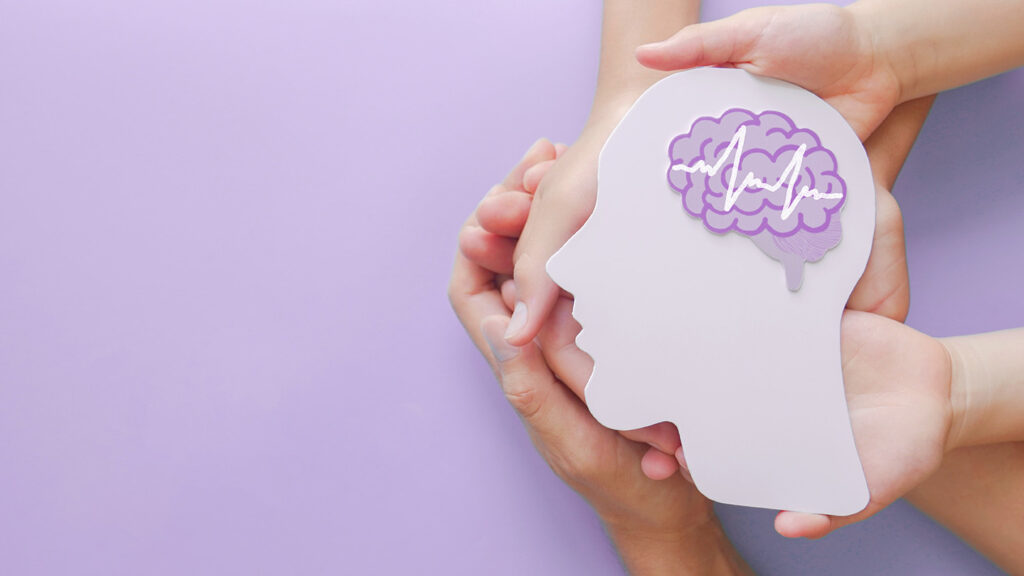
Seniors and their caregivers may already have handy a common tool that can help discern whether memory issues could be the start of something potentially serious. Signs of Alzheimer’s can be validated with high accuracy via smartphone apps.
An autonomous app with memory tests, which could be performed without supervision, did just as well detecting mild cognitive impairment, or MCI, as when seniors took an in-person medical examination, new research shows.
Early detection of dementia and Alzheimer’s is critically important for treatment and promptly addressing symptoms before full on-set of the disease.
For senior living residents with even mild cognitive issues, offering them or their caregivers a smartphone diagnostic could be a critical alternative to waiting for an in-patient clinical screening, especially in areas where such options are limited.
In addition, seniors in long-term or memory care facilities can get assistance from caregivers if they are having any difficulty using smartphone tools.
“Differentiating mild cognitive impairment (MCI) from subjective cognitive impairment is important to provide a prognosis regarding future cognitive decline,” the study authors wrote. “Results indicate that it is possible to achieve the level of usability that is required to perform a detailed assessment of episodic memory [via smartphone].”
Researchers looked at a specific app, Neotiv, as part of a study on using smartphone screeners. The tests on Neotiv ask users to identify slight differences between a series of images. The findings are also applicable for some of the other available smartphone tools that are aimed at identifying signs of dementia.
Other recent memory tests that have been adapted for smartphones include a version of the Montreal Cognitive Assessment Test, MoCa, and a three-minute test called BrainCheck.
Another tool asks users concerned about cognition to draw a clock, but that is currently tablet-based.
The findings about Neotiv were published last month in the journal npj Digital Medicine.


